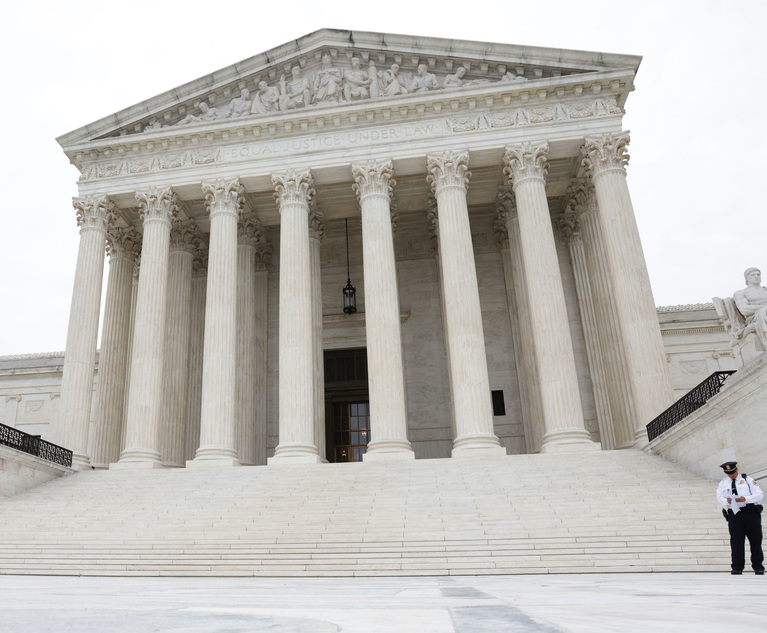A recent decision from the U.S. Court of Appeals for the First Circuit in Sakab Saudi Holding Co. v. Aljabri, 58 F.4th 585 (2023) reaffirms the force of the state secrets privilege in international civil litigation. While a doctrine with obscure roots, it promises to be increasingly important as more international cases have national security implications.
 Peter B. “Bo” Rutledge, left, dean of the University of Georgia School of Law, and Alexandra Lampe, right, LLM student from Germany at the University of Georgia School of Law. Courtesy photos
Peter B. “Bo” Rutledge, left, dean of the University of Georgia School of Law, and Alexandra Lampe, right, LLM student from Germany at the University of Georgia School of Law. Courtesy photos
The state secrets privilege has deep roots in American jurisprudence. Rudimentary references to it appear in early 19th-century jurisprudence. In brief, the privilege allows the government to withhold information from the public and courts if its disclosure would harm national security. Successful invocation of the privilege has resulted in relief ranging from evidentiary rulings (like in United States v. Reynolds, 345 U.S. 1 (1953)) to outright dismissal of the case (as in Totten v. United States, 92 U.S. 105 (1875)).

 U.S. Supreme Court building in Washington, D.C. Sept. 30, 2022. Photo: Diego M. Radzinschi/ALM
U.S. Supreme Court building in Washington, D.C. Sept. 30, 2022. Photo: Diego M. Radzinschi/ALM







